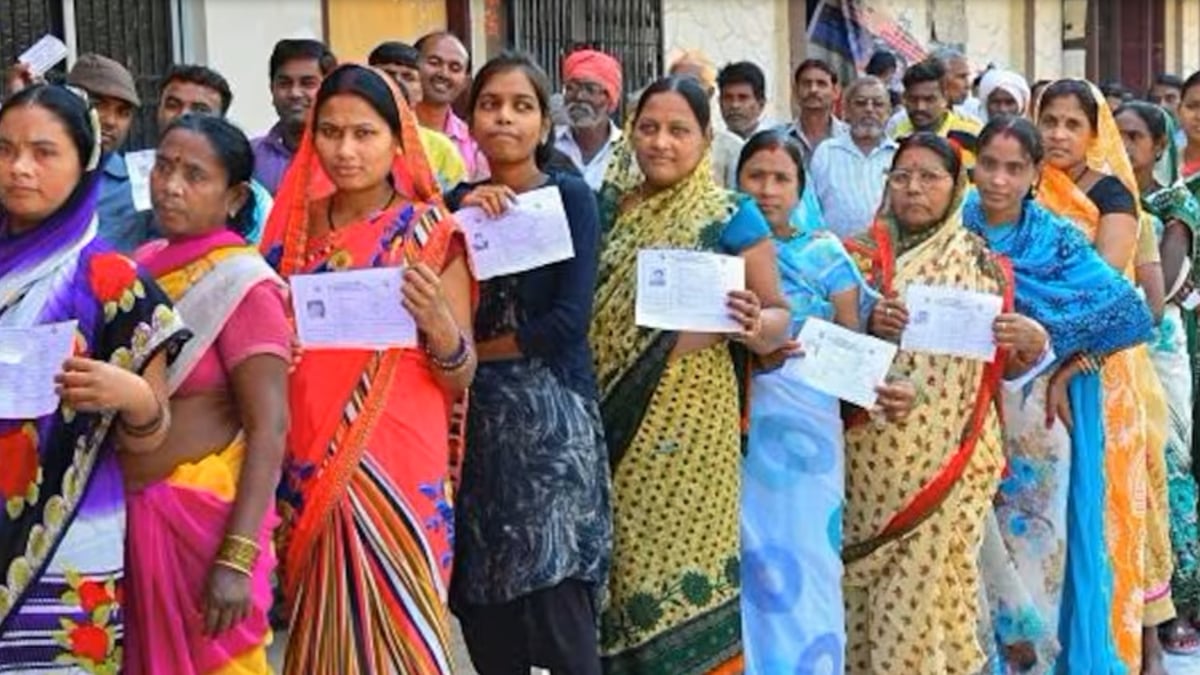The New Year—2025 by the Gregorian calendar—has dawned. After a politically turbulent phase, it promises relative calm, with just two assembly polls scheduled. In the interest of enabling governance over electioneering, politicians should consider the following New Year resolutions.
First, stop competitive welfarism. Promises and handouts to the electorate are becoming increasingly extravagant, ranging from cash to jobs, loan waivers, and various goods and services. It’s regrettable that Prime Minister Narendra Modi’s campaign against the “revdi culture” found no takers, even in his own party, despite the alarmingly harmful impact of freebies on state finances. The Aam Aadmi Party has already taken the lead in offering sops ahead of the Delhi elections.
It is time to set up a panel to determine merit and non-merit handouts based on field research and solid data. For instance, have payouts to women translated into economic equality or improved their social position? Are these measures sustainable, and how have they affected other welfare schemes? The panel should also recommend a cap on the percentage of GSDP that can be allocated to such schemes, leaving states with more room for developmental expenditure. These recommendations could be widely publicized ahead of polls to create voter awareness of the price they may ultimately pay for falling for the ‘carrot’ approach.
Second, endeavour to create model states. Translate your vision into action so that voters can judge the outcomes of your policies for themselves. In other words, put your money where your mouth is. If you can trigger prosperity and reduce poverty and inequity, the results will speak for themselves. For example, financial inclusion through Jan Dhan-Aadhaar-Mobile (JAM) is now a global case study. Digital India has visibly expanded internet access. Similarly, welfare schemes like NREGA (2006), Ayushman Bharat, Awas Yojana, and Ujwala have delivered palpable benefits.
While the Congress has demanded a caste census, its credibility is undermined by Congress-ruled Karnataka’s failure to release its 2017 caste census report. Without implementation, how can voters assess whether a caste census reduces poverty and inequity or exacerbates caste divides? The Bihar caste census (2023), for example, has yet to yield tangible results. In Himachal Pradesh, Chief Minister Sukhvinder Sukhu dismissed the proposed caste census as merely a “formality.”
Third, let Parliament function. The winter session resembled “a tale told by an idiot, full of sound and fury, signifying nothing.” Debates were reduced to hollow drumming, devoid of substance. Nit-picking and spinning casual remarks into political fodder left little room for meaningful discourse. While it may be unrealistic to ask politicians to civilize their rhetoric or forgo outrageous allegations in today’s clickbait-driven climate, some focus on substantive issues wouldn’t hurt. For instance, instead of obsessing over linking political rivals to billionaires, why not tackle urban air pollution? Perhaps more people would actually tune in to Sansad TV.
Fourth, allow an occasional conscience vote. Not every issue requires rigid adherence to a party line. Consider a hypothetical bill on expanding access to medical marijuana. Views on such issues are diverse and often personal. Parliamentarians like Dr. Dharamvir Gandhi, Shashi Tharoor, Afzal Ansari, and former MPs Tathagata Satpathy and Menaka Gandhi have supported it. A conscience vote might encourage MPs to thoroughly analyze proposed legislation, offering valuable inputs rather than deferring entirely to committees or party leadership.
Fifth, be constructive. The Opposition’s role is to hold the government accountable for its missteps, but it must also prioritize the people’s best interests. The public would prefer an Opposition that is solution-oriented, not one perpetually saying “no” for its own sake. For example, was it sensible to criticize UPI as an ‘elitist’ measure, only to face public backlash? And why persist with unsubstantiated claims of EVM fraud following electoral losses?
Equally, the ruling NDA should stop acting unilaterally and take the Opposition into confidence on major initiatives, as it did with GST laws passed by consensus. The Farm Laws fiasco is a stark example of what happens without bipartisan dialogue. While confrontation is sometimes necessary, collaboration is often more beneficial. Polarization serves no national interest, and the ruling party bears the onus of bridging the trust deficit.
Moreover, move beyond the three Cs of Constitution, corruption, and caste. Both national alliances are vulnerable on these issues, creating endless “tu tu main main.” Neither can credibly raise these points without apologizing for past transgressions. A recent example is the controversy over newly-elected MP Priyanka Vadra carrying a ‘Palestine’ bag to Parliament (seemingly to criticize Israel), only to be countered with a ‘Sikh Genocide’ bag handed to her by a BJP MP.
These five New Year resolutions could grease the wheels of democracy, make Parliament more productive, improve state economies, and perhaps even level the political playing field.
Bhavdeep Kang is a senior journalist with 35 years of experience in working with major newspapers and magazines. She is now an independent writer and author
